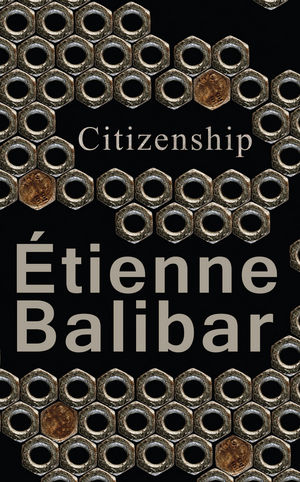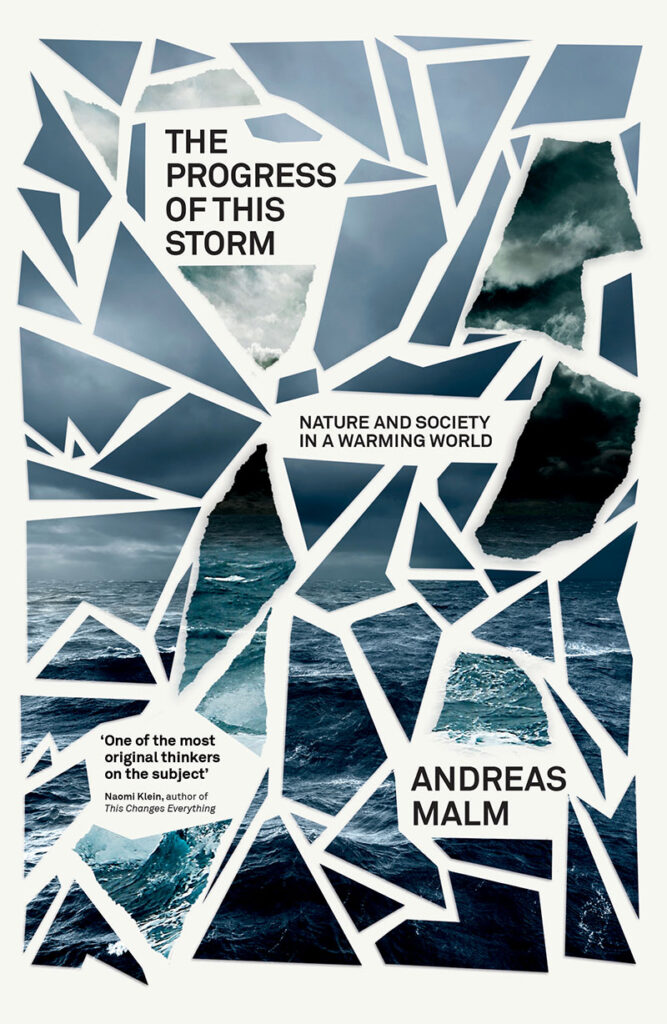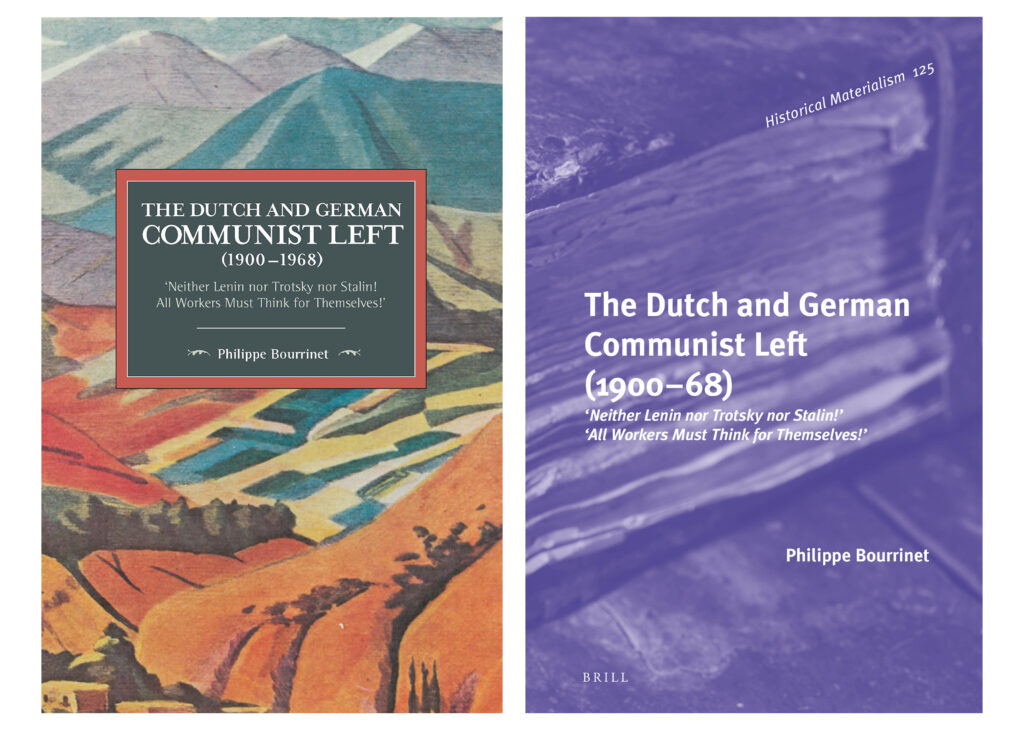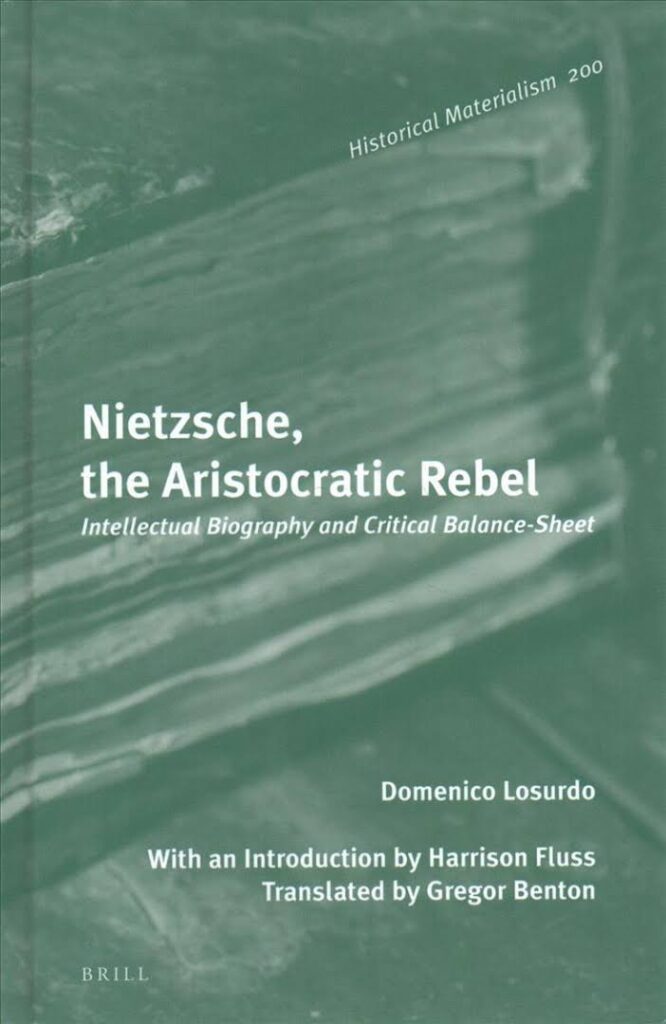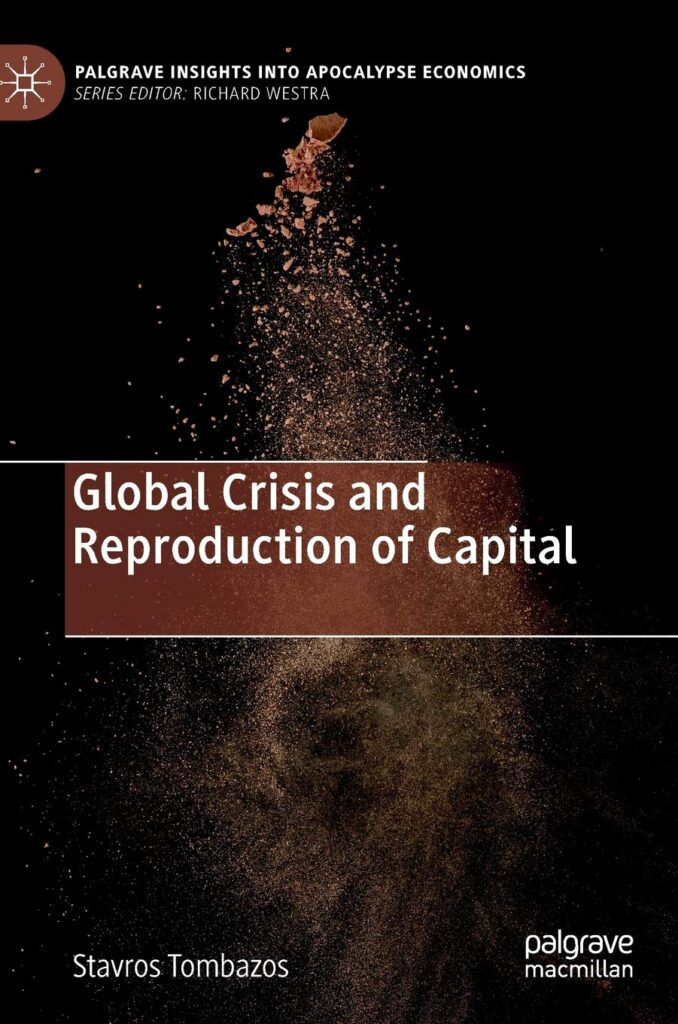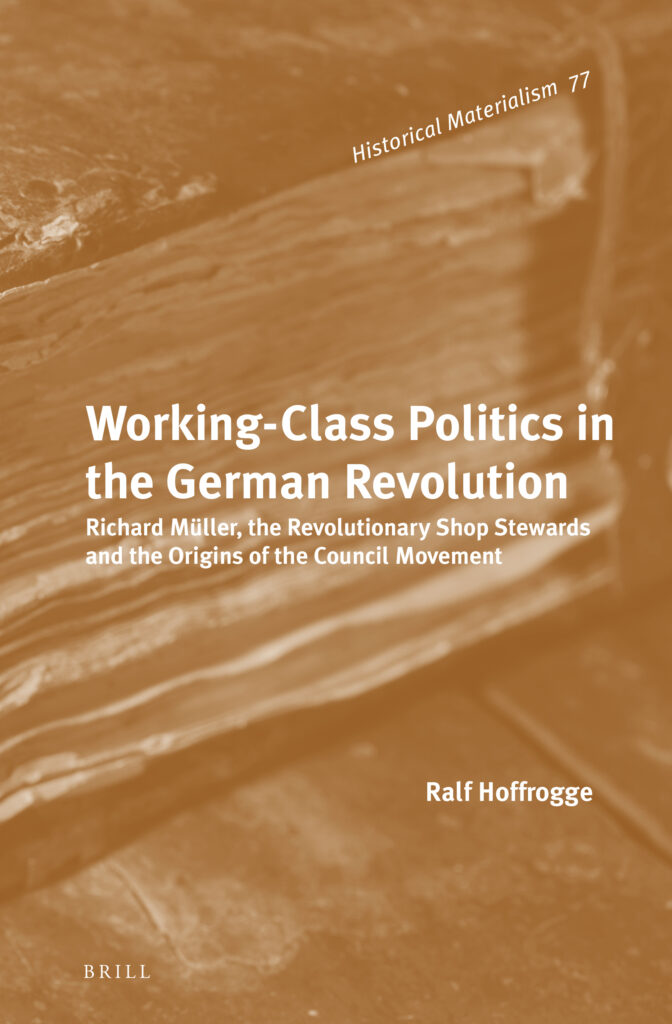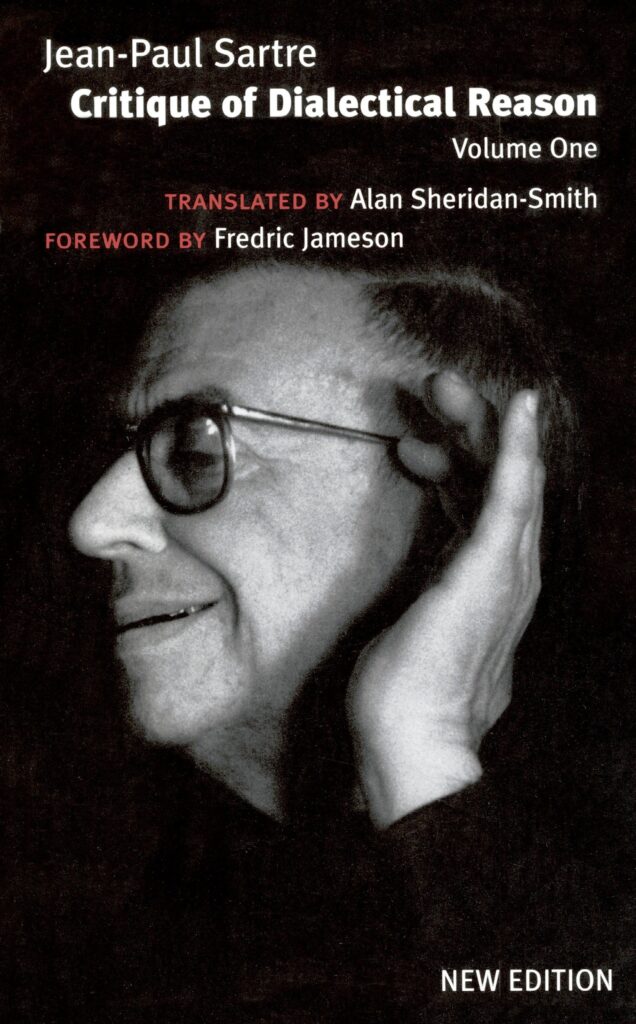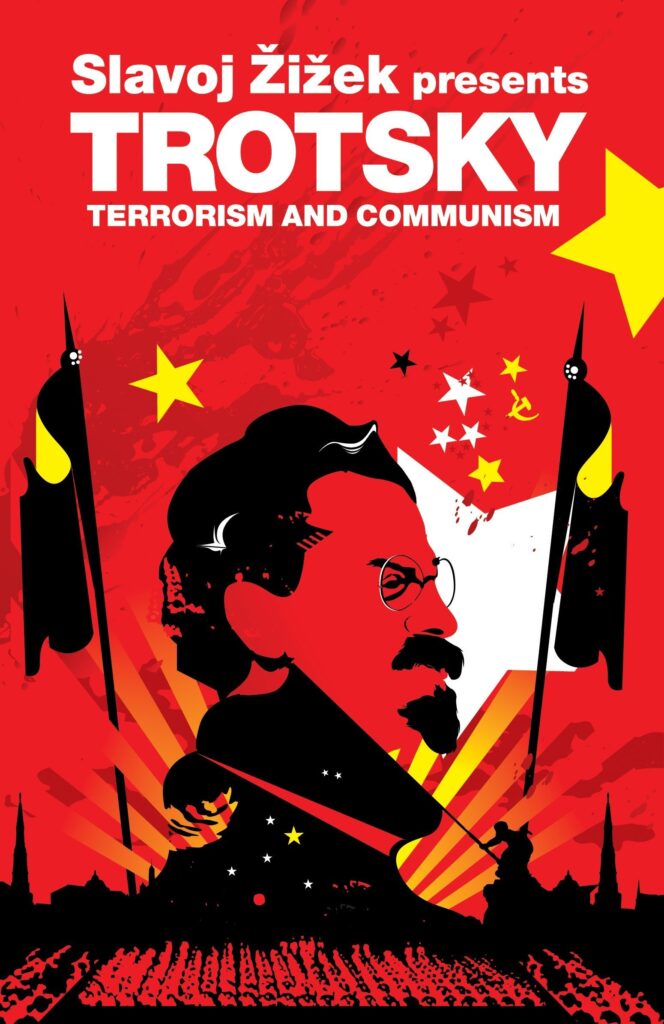Book Reviews
While our journal no longer carries a reviews section, and shorter reviews are now featured on our website, Historical Materialism welcomes articles addressing key contemporary interventions in critical Marxist theory or literature reviews that seek to provide critical surveys of contemporary debates. The word length and criteria for these articles, including the peer-review process, are the same as for other submissions to the journal.
If you are interested in writing articles that critically address recent volumes in critical Marxist theory or critical literature reviews please contact the editorial board in advance with information about the volume(s) under consideration and a short abstract (250 words) outlining your argument.
If you are interested in submitting a shorter review, about a recent Marxist publication to the website, please send us your submission directly to website@historicalmaterialism.org.
A Precarious Game: The Illusion of Dream Jobs in the Videogame Industry
Jamie Woodcock Reviews Ergin Bulut, A Precarious Game: The Illusion of Dream Jobs in the Videogame Industry, London, ILR Press, 2020.
Crossing a twister: On Malm’s The Progress of this Storm (2018)
Abstract: Critically discussing Malm’s (2018) The Progress of this Storm, this review article directly relates to a recent discussion inHistorical Materialism concerning a major epistemic rift in the eco-Marxist debate (Cox vs Hornborg). The article provides an overview of Malm’s argument to subsequently refute his definition of historical materialism in terms of an abstract ‘substance monist property dualism’ as a relapse into a traditional materialism, the critique of which defines historical materialism since theFeuerbach Theses. This relapse is expressed in a false equation of nature and environment, a ‘fossil fixation’ of sorts that is criticised on the basis ofNegative Dialectics (Adorno 2004) uncovering, furthermore, an authoritarian streak that leads to problematic political consequences. Malm’s book does not have it all wrong, however; its insistence on urgency as well as on the difference of nature and society are also valid. Even its misunderstandings correctly, if unintendedly, call for more prudence and precision in using terms like nature, construction or dialectics. Further on, collaboration of leftist theory-activists is favoured over their division into opposing intellectual camps – a division that is potentially deepened by the imbalance in the book between strong rhetoric and comparably weak content.
Questions without Answers: The Dutch and German Communist Left
A Review of The Dutch and German Communist Left (1900–1968): ‘Neither Lenin nor Trotsky nor Stalin! All Workers Must Think for Themselves!’ by Philippe Bourrinet
Stavros Tombazos and the Discordance of Times
A Review of Global Crisis and Reproduction of Capital by Stavros Tombazos
Richard Müller: Sisyphus
A Review of Working-Class Politics in the German Revolution: Richard Müller, the Revolutionary Shop Stewards and the Origins of the Council Movement by Ralf Hoffrogge
State and Capital in the Era of Primitive Accumulation
In the the second, posthumous volume of Sartre’s masterpiece, The Critique of Dialectical Reason, which is largely given over to the attempt to make deeper sense of Russia’s industrial expansion under Stalin, that is, to the problem of how a command economy works, Sartre explains that the best history is defined as a synthetic movement or what he calls “totalizing compression”. He writes, “two dialectical procedures are possible on the basis of an identical social reality. On the one hand, a procedure of decompressive expansion which starts off from the object to arrive ateverything … in this case thought may be calleddetotalizing and the event loses out to the signified ensembles. On the other hand, a procedure of totalizing compression which, by contrast, grasps the centripetal movement of all the significations attracted and condensed in the event or in the object”.Sartre, Critique of Dialectical Reason, vol.2, pp. 49, 188. I want to suggest in this lectureThis paper was presented as a keynote at the conference on primitive accumulation organised by the Institute of Social History in Amsterdam in May 2019. that we need to integrate Marx’s notion of primitive accumulation into a wider history of capitalism that allows for the combined nature of its evolution, and that one way of doing this is to treat primitive accumulation as one of those “practical significations” or “signified ensembles” or structures that form a permanent dimension of capitalism. This means breaking with the linearity of the simplified model of primitive accumulation that many Marxists still subscribe to, with its “stagism” if you like, and with the strong resonance of teleology that usually goes with that. Retrospective readings of capitalism start with large-scale industry and imagine that primitive accumulationexplains how that came about. But, if there is a sense in which this may account for Britain’s industrial primacy, it is hard to see how it would “explain” most other industrial trajectories which were in any case influenced by Britain’s own expansion, either correlatively (as in India) or by negation (as with Britain’s main industrial competitors). In a critique of Marx’s pages, Gerschenkron made a great deal of this point, noting that the bank-financed industrial expansion that occurred in Germany did not presuppose anything like the protracted processes Marx had described.Gerschenkron, Economic Backwardness in Historical Perspective, Chapter 2, e.g., “Original accumulation of capital was not a prerequisite of industrial development in major countries” (p. 46). But, if my general suggestion is accepted, the obvious question of course is – what wider history? Do we have the categories for that? And how exactly do we see primitive accumulation fitting into this broader canvas?
The Politics of Dialectics
A Review of A Spirit of Trust: A Reading of Hegel’s Phenomenology by Robert Brandom
Rethinking the Birth of French Communism
A Review of Un court moment révolutionnaire: La création du Parti communiste en France (1915–1924) by Julien Chuzeville
The Prophet avec Lacan
A Review of Terrorism and Communism: A Reply to Karl Kautsky by Leon Trotsky, with a Preface by H.N. Brailsford and a Foreword by Slavoj Žižek


